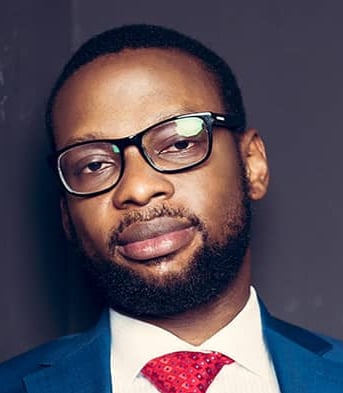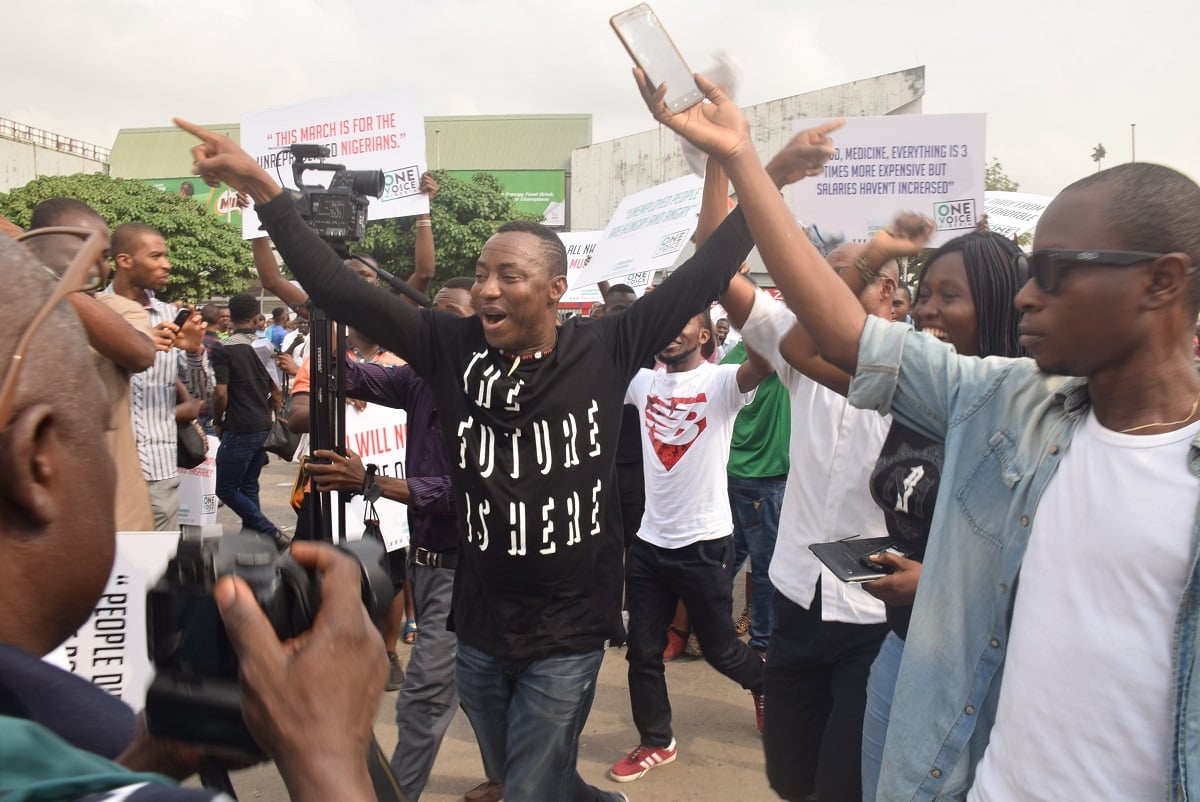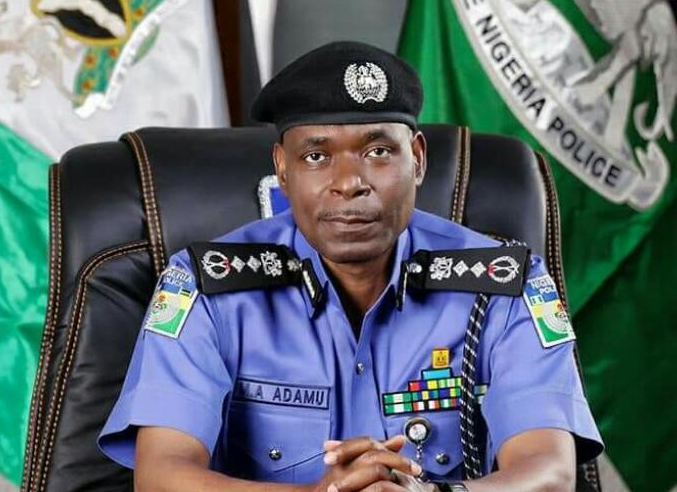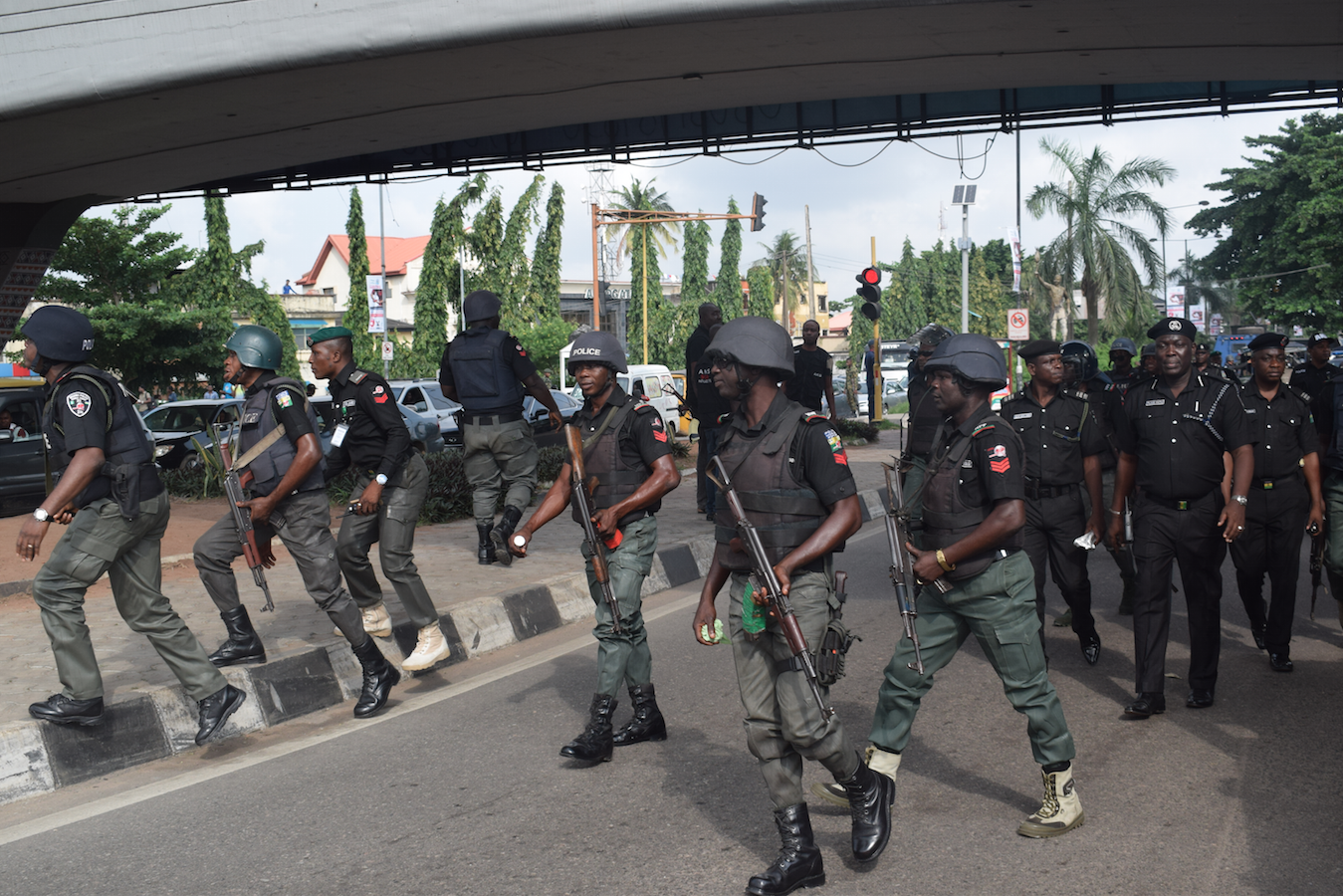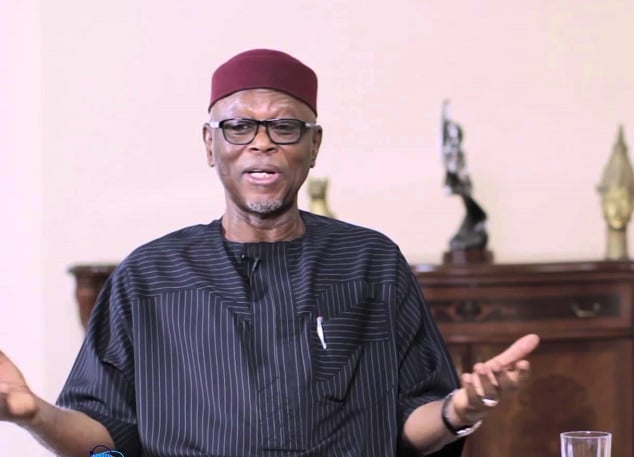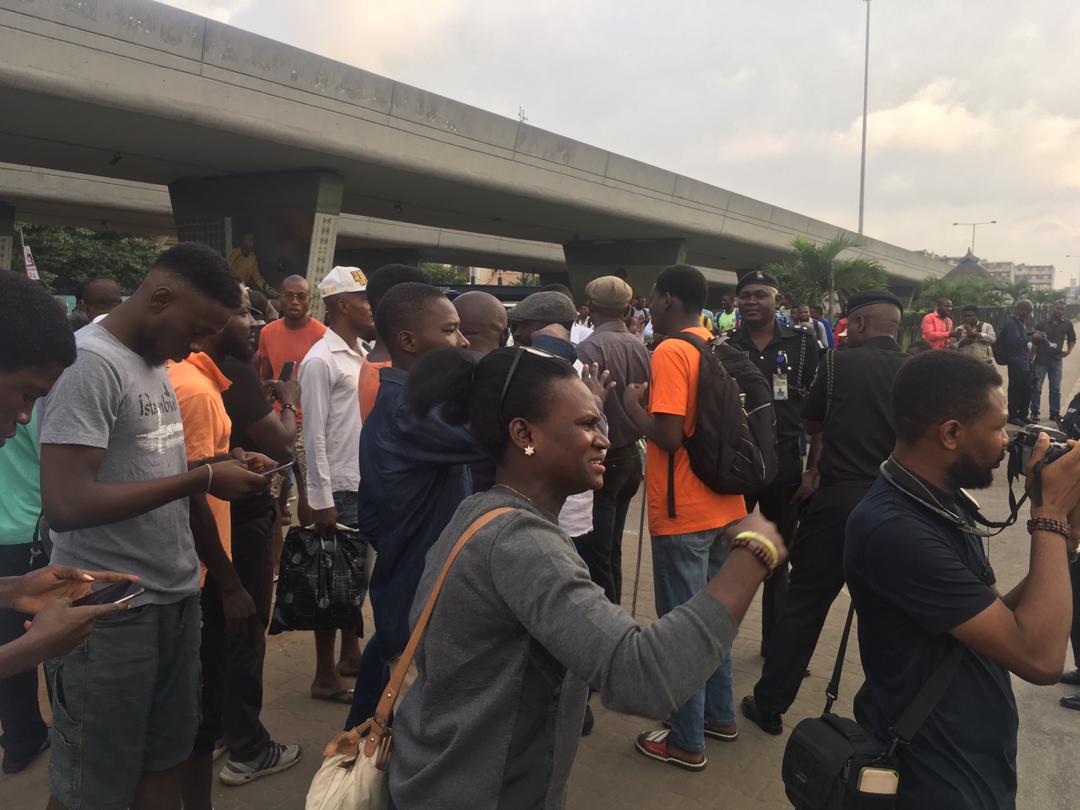It’s the scheduled day for the 21-state #RevolutionNow protests championed by activist Omoyele Sowore who, as he must have expected, is currently in Department of State Services (DSS) detention. Ordinarily, talks at the moment should be centred around the possibility of the protests to achieve its long list of targets, which, it must be emphasised, excludes a regime overthrow. But Sowore’s arrest has tilted the conversation in the direction of the plausibility of a #RevolutioNow. Does Nigeria really need a revolution — and now?
Without prejudice to the political parties that have tasted power, Nigeria’s problems have effectively been the same for decades. In the fourth Republic, for example, what has changed about electricity supply? Which of a human’s basic needs can the average Nigerian comfortably meet? Healthcare is in a shambles. Only the wealthy can suffer a terminal disease, such as cancer, and genuinely nurse survival hopes. The rest are practically on death row, owing largely to corruption-induced dearth of equipment and the annual exodus of our finest medical talents. Is anyone safe in Nigeria? Herdsmen are running rampage in several parts of this country, their latest victims including a quintet among whom was a Redeemed Christian Church of God (RCCG) pastor whose escape was made possible by prayers rather than the Police. Has corruption reduced in all spheres of our national life? When the Peoples Democratic Party (PDP) ruled, it was so barefaced and sickening nothing good could come out of the economy. And in the reign of an All Progressives Congress (APC) thumping its chest on anti-corruption, public-office thieves know they only need to cross to the President’s party or strike deals with him to gain overnight innocence. Only days ago, the President’s party man Rochas Okorocha was exposed to have violated the Public Procurement Act in the award of contracts worth up to N20billion; when confronted with the facts, his spokesman couldn’t care a hoot. Why should he or Okorocha? We were all here when the Federal Government withdrew N20bn fraud charges against Danjuma Goje, former Governor of Gombe State, as reward for giving up the senate presidency race to smoothen the emergence of Ahmed Lawan, the President’s choice.
We cannot even prepare for predictable, periodically-occurring disasters. Friday was not the first incident of flooding at Galadimawa Roundabout in Abuja, but this time it consumed Tony Okecheme, the Director of Finance at Federal Capital Territory High Court. It could have been anyone of us. When houses are not collapsing in Lagos due to greedy builders’ placement of profit over safety or to regulatory agencies’ leeway to bribe-paying building owners, they are crumbling elsewhere in the East. The jobs aren’t there; they never have been. And on the occasion when a few show up, they are still cornered by the children of the elite, as we learnt in the past about the Central Bank of Nigeria (CBN) and very recently about the Nigerian National petroleum Corporation (NNPC). The corrupt policeman who shoots a civilian over N100 bribe describes himself as victim of monumental corruption from Abuja but forgets he is himself a terror unto the defenceless. Pervasive corruption alone is enough to ruin this country. As an undercover journalist, I’ve seen this in play in the least expected of places, and I really wonder how a country can ever reach its potentials if roughly 90-95 percent of its citizens seek to enrich themselves at the expense of national interest. It’s all a lopsided country where, in most cases, one man is trying to out-rob, out-manoeuvre, out-cheat the next, with successive governments compounding the woes by taking more from the people than they give back. We can’t hand Nigeria over to our children this way. We need a revolution — and straightaway!
Omoyele Sowore understands this, and this is what he’s trying to do. On intent and method, I am on his side. However, on expediency and his utterances, I see gaping holes. If Sowore attempted to lead a political revolution pre-2019 election, the altruism of his intention wouldn’t be up for debate. But having offered himself as the presidential candidate of the African Action Congress (AAC) and lost by a distance, this move would definitely be interpreted in some quarters as an attempt to seize power through a revolt having lost it through the ballot. That’s the expediency. On utterances, he was caught on tape saying the “DSS would no longer exist” after the revolution. That was probably a slip, and still fails to justify the Gestapo-style invasion of Sowore’s home, otherwise the northerners who issued a threat to southerners over RUGA should have been languishing in jail by now.
Advertisement
There is no justification for arresting Sowore. The Police’s claim of treason — that the protests were intended to overthrow the government — is laughable. If public utterance is all security agents base their arrests on, then where is the intelligence? Where are Sowore’s guns? Where are his followers’ arms and ammunition? Beyond the stubborn boasts of an activist, where is the evidence of a coordinated plan to foment bloodshed? And why should any government — if it is truly loved by majority of the people — fear toppling by a small group of activists? Sowore’s arrest, when weighed against what he was planning, is an overkill.
Perhaps the government and the military do not understand: how many African revolutions started with an activist announcing a revolt? Not a single one in recent history. The 28-day Tunisian Revolution of 2010-2011 began with street vendor Mohamed Bouazizi’s self-immolation on December 17, 2010, in response to the confiscation of his wares and the harassment and humiliation inflicted on him by a municipal official and her aides. This singular action birthed protests against high unemployment, food inflation, corruption, poor living conditions and a lack of political freedom, eventually culminating in the ousting of longtime president, Zine El Abidine Ben Ali, who had been in office for 24 years.
Drawing on inspiration from Tunisia, an Egyptian set himself ablaze in front of the parliament on January 18 to spark the Egyptian Revolution of 2011. Five more self-immolations followed, providing the platform for opposition groups to plan a day of revolt for January 25, the National Police Day, ultimately deposing President Hosni Mubarak, who had clung on to power since 1981. The Sudanese Revolution of 2018-19 began in the northern town of Atbara — not even in capital Khartoum — in December 2018 over the removal of a wheat subsidy, prompting the price of bread to triple overnight. The protests expanded to demands for urgent economic reforms and an end to Omar al-Bashir’s 30-year presidential reign, which was eventually realised in April 2019. In none of these cases did an individual just wake up to announce a revolution; no chance the case would have been different in Nigeria.
Advertisement
I do not think Sowore’s protests would have birthed a revolution in the sense that the military and the government are scared of, but I support it all the same. Nigeria’s problems are extreme; therefore, solving them requires extreme measures, including revolutionary protests. While street protests are important, I personally believe the biggest revolution needed in Nigeria is the revolution of self — the revolution of values, intellect and the mind. Our problem is more than Muhammdu Buhari; it is that warped sense of values that drives many of us to place self over the country. Until we’re able to repair our damaged value system to reflect refreshing ideas on the true essence of fulfilling living, even a reenactment of the Sudanese and Tunisian revolutions will not save us. Sudan is an apt example. Al-Bashir has been ousted, so what? The military still maintain a stranglehold over the people; the oppressors’ faces have changed but the oppression hasn’t. That is why the street revolution being advanced by Sowore and associates cannot yield a lasting result without the revolution of self. But before we get into all that, free Sowore now!
Soyombo, former Editor of the TheCable, the International Centre for Investigative Reporting (ICIR) and SaharaReporters, tweets @fisayosoyombo
Add a comment
